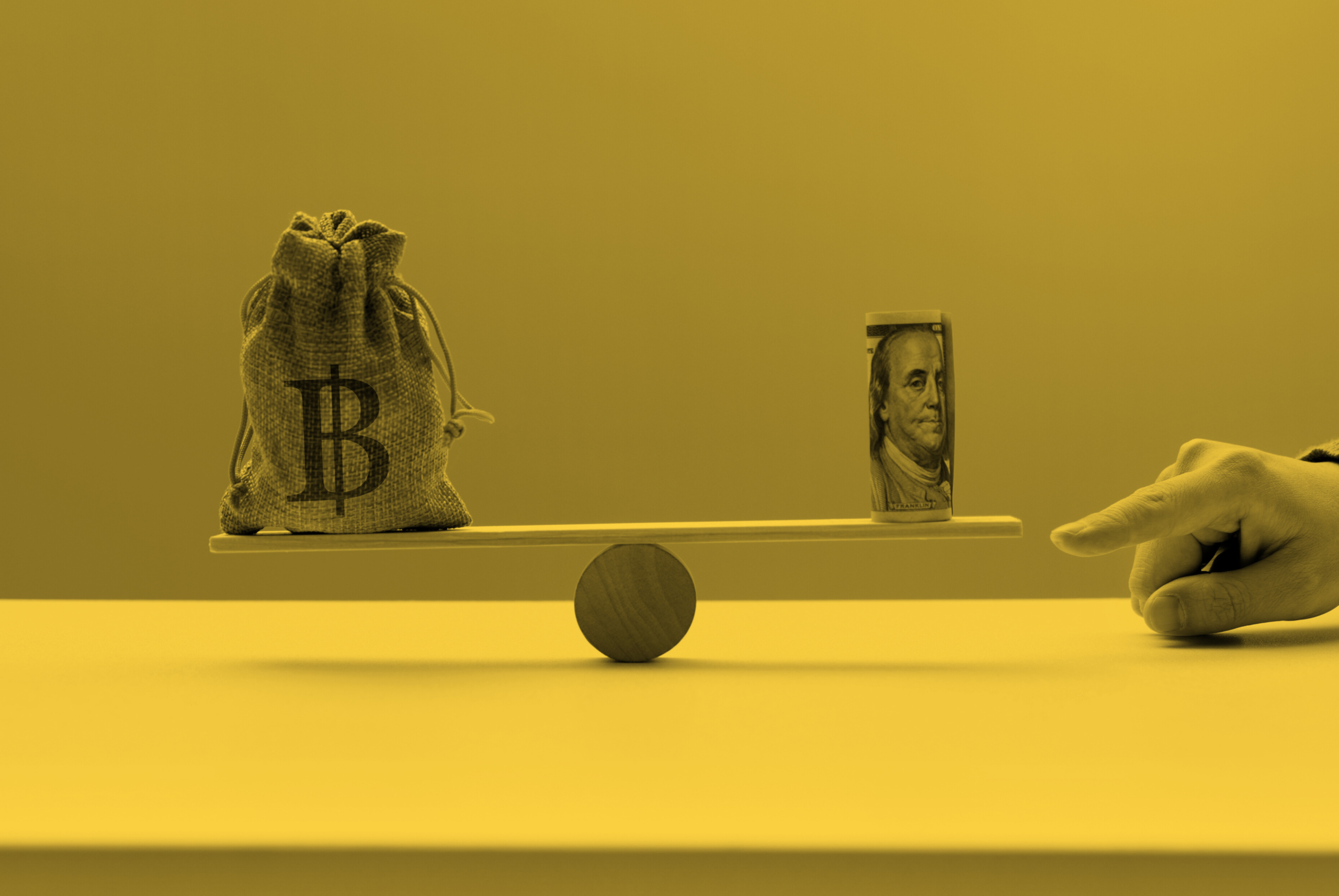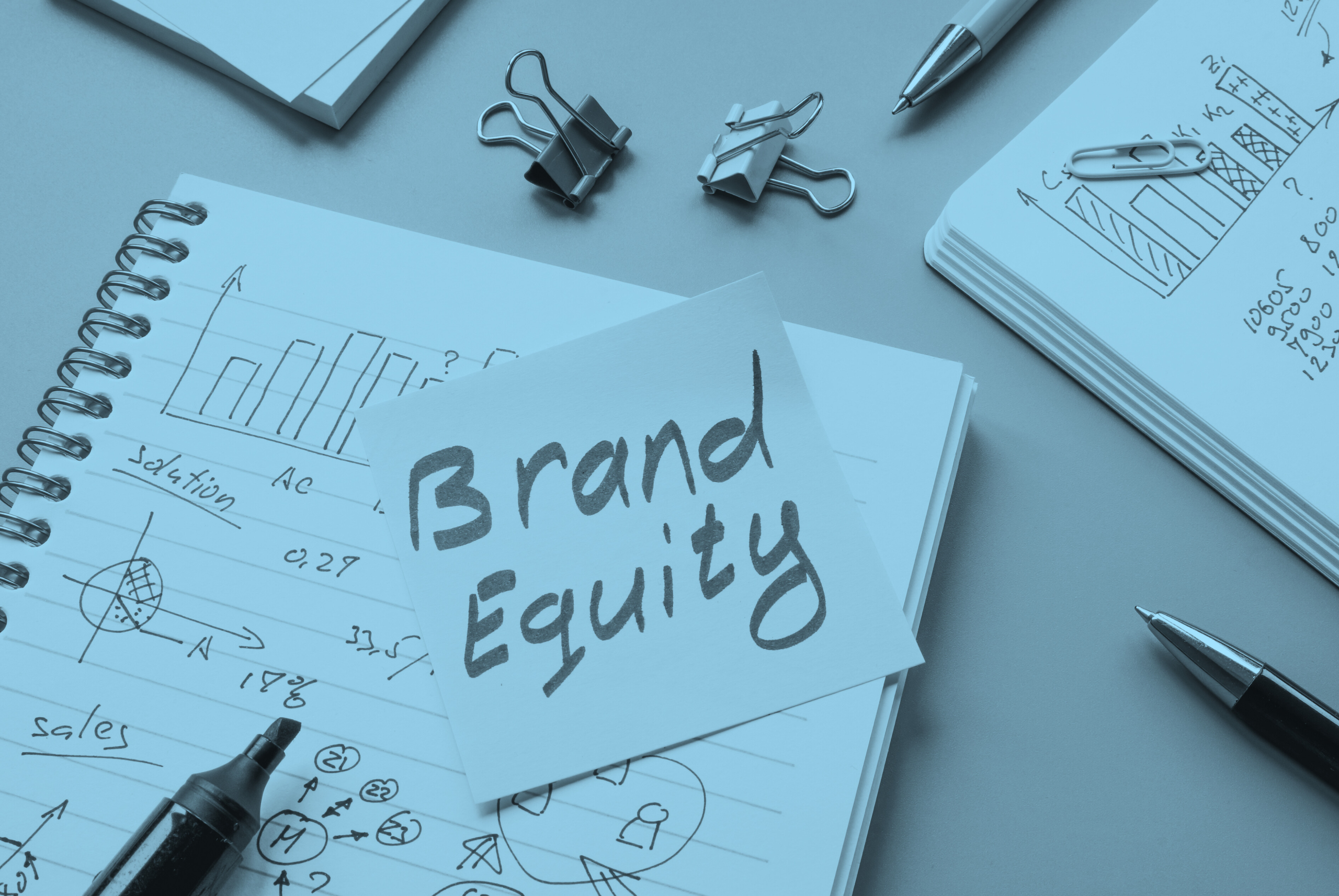The Consumer Attitude-Behavior Gap
Consumer appetite for eco-friendly products and recyclable packaging has been growing for years. B-Corp popularity and its impact on brand awareness is skyrocketing: over half of all Millennials and Gen Z Americans report B-Corp familiarity, and one third of US adults report recommending a product specifically because of its B-Corp certification.
Pressures to evidence sustainable supply chains will see brands ramp up innovation into refillable and biodegradable as well as recyclable packaging. Food and beverage giants such as Coca-Cola, PepsiCo, Unilever, Danone and Mondelēz have all set ambitions for and are working towards recyclable/compostable bottles, cans, cartons and boxes.
Three in four food and beverage companies now rate sustainability as one of their top three business priorities for 2025 and beyond, matching self-reported consumer demand for more sustainable product choices:
- 78% of shoppers believe sustainability is an important factor in buying choice
- 66% of US consumers report that they are willing to pay more for sustainable products, especially in plant-based and organic categories
- 55% of consumers claim that they are willing to spend more on eco-friendly brands.
However, self-reported consumer attitudes are drifting further away from real-life purchasing decisions:
- Sustainable products are growing but still represent only one fifth of the CPG market as a whole, as reported by USwitch
- Zalando’s 2025 Sustainability Attitude Behavior Gap Report found that whilst 74% of fashion consumers aspire to make more sustainable clothing choices, more than one third of these consumers are not taking sustainability into account in their actual purchase decisions
- More than 4 in 10 consumers in Zalando’s report named unaffordable pricing as their main barrier to purchasing sustainably
- YouGov’s 2024 study highlighted the other major factors driving the attitude/behavior gap: convenience, product availability and confusion over eco-labeling.
For insights and media teams, tracking this disconnect is key to understanding how sustainability perceptions shape brand preference and campaign performance.
Whilst becoming ever more aware of environmental concerns, consumers are simultaneously distancing their personal ideologies from their actual buying behaviors. The attitude/behavior gap is even wider where consumers face a conflict between their values; often cost, availability or speed of delivery represent higher stakes than personal ethics.
Purely assessing attitudes and opinions may not accurately reflect how consumers actually interact with a product, and may miss business-critical insights into key purchase drivers.













